Schwedt an der Oder in the Uckermark region of Brandenburg. It is on the Oder River north of Bad Freienwalde in Markisch-Oderland. It was a larger, industrial town of the former East Germany. It celebrated its 750th anniversary in 2015. Bad Freienwalde celebrated its 700th anniversary in 2016.
We went to Schwedt to meet our dear friend Rosi. I had met her in the early 2000’s on the Pommern-List and she was one of the many helpful researchers in Genealogy. She has been involved in preserving the history and culture in the Schwedt area, and has written extensively about it in many books and ariticles.
She contacted me directly after the March 2011 triple disaster in Japan. Her sincerity was greatly appreciated.
Eventually, we joined her Low German language studies group “Plattfisch,” via Skype twice monthly. I would rush home from working, and Mina would make coffee for us to drink with the group. They start off with cake and coffee and sometimes a birthday card for a member. Most members are over 70 and some are in their 90’s!
We listened to them read stories, newspaper articles, Low German poetry and songs.
So, we had a chance to visit Rosi in Schwedt and meet the members and her friends. There are differences between towns and the way Low German is spoken. But, it is still great to hear even a bit of what may be close to what our ancestors of the area may have spoken.
Most of the members that we know of are people who fled the Neumark or Pommern regions east of the Oder River with or without families in 1945, homes where families had lived for hundreds of years as fishermen, farmers, weavers, tailors, merchants, and attended churches, schools, weddings, baptisms, funerals, and so on.
They have been close friends, surviving the starving years after WWII, some have parents who were also refugees from WWI. They then went on to live through the Cold War era in East Germany, and finally from 1989, they change governments and currency yet again as East and West unite to become one Germany, one German Mark currency, and then once again , changing to the Euro currency!
Through all this change, the people remain loyal friends, supporting one another and families over 60 years! To be among them is truly an honor and an emotional experience.
We met the group for cake, coffee, and sparkling wine. We exchanged gifts from our homes. They gave us a wonderful set of maps and a Low-German CD, candles, a soap sculpture, and a Low-German to High-German dictionary.
They graciously accepted handmade crafts from Japanese refugees from the North-Eastern Japan earthquake and tsunami in 2011. As once refugees themselves, they understood the feelings of the Japanese who have lost everything and the fear of being forgotten. Some spoke of compassion for the current refugees to their area from Syria as well. Very warm and open-minded people.
We hugged, and introduced ourselves and they told us their stories. Eventually, we started singing songs with Erich playing the piano. This reminds us of our experiences in Japan. Whether in Tokyo or Fukushima, people like to sing songs they are familiar with together.
We sang a classic Low German song, “Dat Du Min Leevsten Büst”. Or in English, “You’re My Love, You Know”.
This is a song of a young woman telling her lover that her mother and her father are asleep and will not notice his visiting her in the night! We were overjoyed to have them sing this song for us and later with us in the Low German of the northern, flat, low regions along the Oder River up and along the Baltic Sea.
Lyrics appear below in Low German, the standard High German of the mountain areas and English. We hope you will enjoy the video that appear here.
Drinking song in the nursing home
Already one we have, two we drink to, three we can still tolerate.
And when the fourth one tastes so good, then the fifth is licked.
What is the use of money in retirement home
for apple juice and porridge?
The sixth comes also the seventh,
the eighth is rumbling in the belly.
And when the ninth inside remains,
then the tenth is incorporated.
Because later in the retirement home 0% are in the porridge.
And the moral of the story:
Drink one more, why not?
It comes the time then nothing goes,
then life will be doubly difficult.
Because then you are sitting in the retirement home
With apple juice and porridge.
(sung by Erich in Schwedt)
Rosi was kind enough to write an article for the local newspaper telling of our outtings in Schwedt.
We visited the Tobacco Museum that had all things related to the tobacco industry brought by the Jugenots and where our ancestors worked, even after 1945 as new refugees.
We visited the Jewish Ritual Bath and synagogue. The Synagogue was destroyed by the Nazi regime and only the foundation remains. The Jewish Ritual Bath is in its original state, built in 1878 and used until the Jewish people were removed from the town during WWII. It is up front about the history and now is a park where concerts and events in the gardens are held, sometimes with musicians from a variety of countries and religions.
The National Park in Criewen was wonderful. Beautiful gardens, views of the Oder marshes, and a fantastic, must-see museum showing the origins of the Oder, the nature, and the history of the people influencing the area, Germanic, Slavic, Dutch, French Huguenots.
The two other experiences we had which led us to interact with the Oder River directly was visiting Rosi’s good friend Hannah who lives in Poland in a beautiful home that overlooks the Oder/Odra River. We walked to a mystical park in Zaton Dolny with mossy ponds with statues of Adam and Eve that were once destroyed in WWII but then restored in a cooperative effort between Poland and Germany, and forests with evidence of boar and deer, much like our home in Kangagawa in Japan.
We met Hannah for a lovely lunch at a fish monger’s in the Polish town of Kranik Dolny, formerly Nieder Kränik before 1945. This is the town where Rosi was born and raised until she and her family and neighbors fled as refugees in 1945. Her father was a fisherman on the Oder during the East Germany era as well. during that time, no one could cross the Oder River.
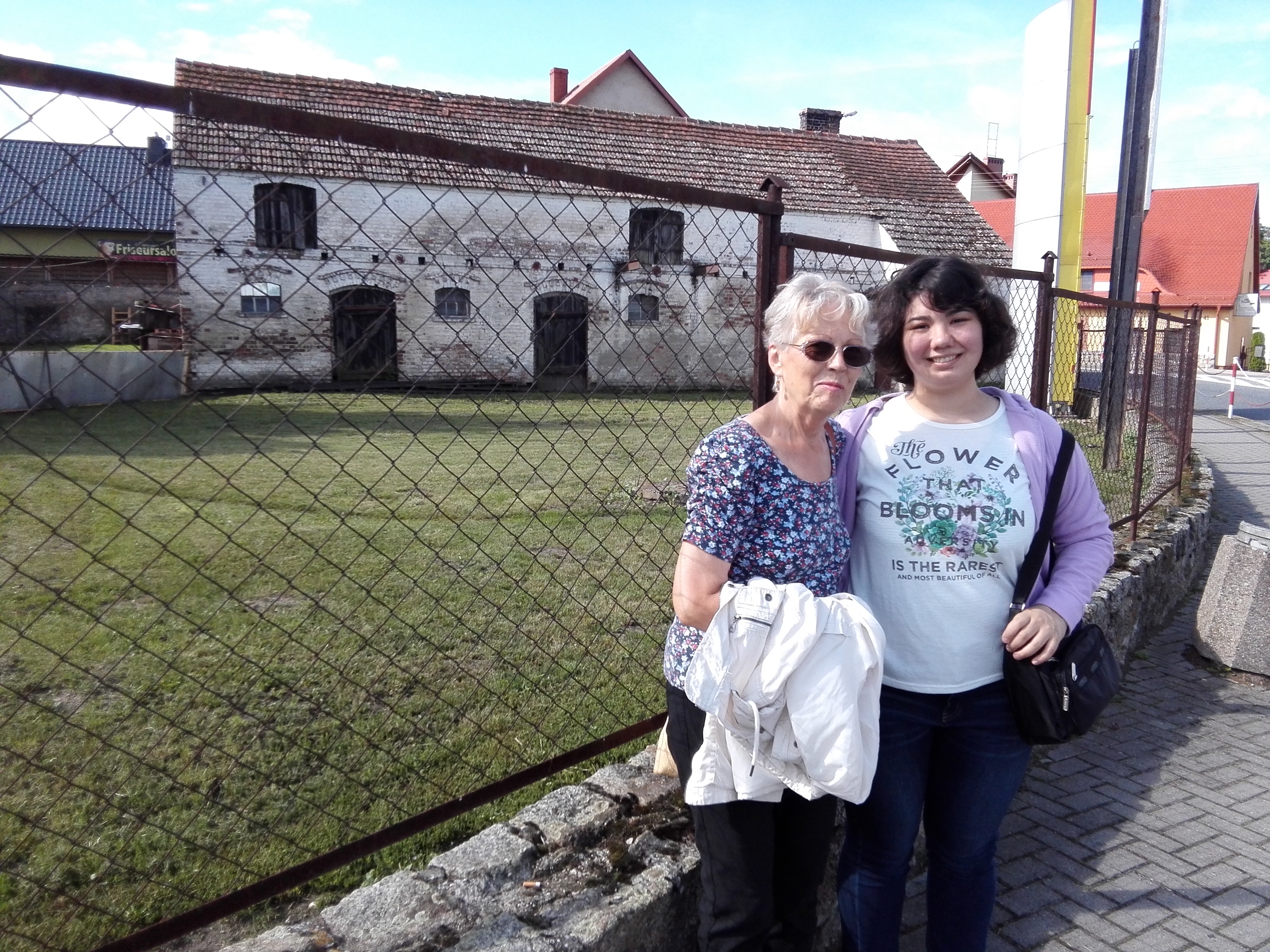
Finally, she writes of our 5 hour canoe trip in the marshes of the Oder where we saw evidence of beavers, water lilies, cranes and frogs, and so on. We highly recommend canoeing on the river. As our RICHNOW ancestors were longtime fishermen (FISCHER), it was a dream come true to be in the water that brought so much life to the area.
We would like to thank Rosi and the Plattfische Gruppe and friends for making this a wonderful trip of a lifetime. Their warm hearts and strength and love for their home gave us a love for this area as well, rich in natural, cultural, and human beauty!
We’ll finish this article with a rendition of Dat du min Leevsten Büst from Rosi on the harmonica. Please enjoy!
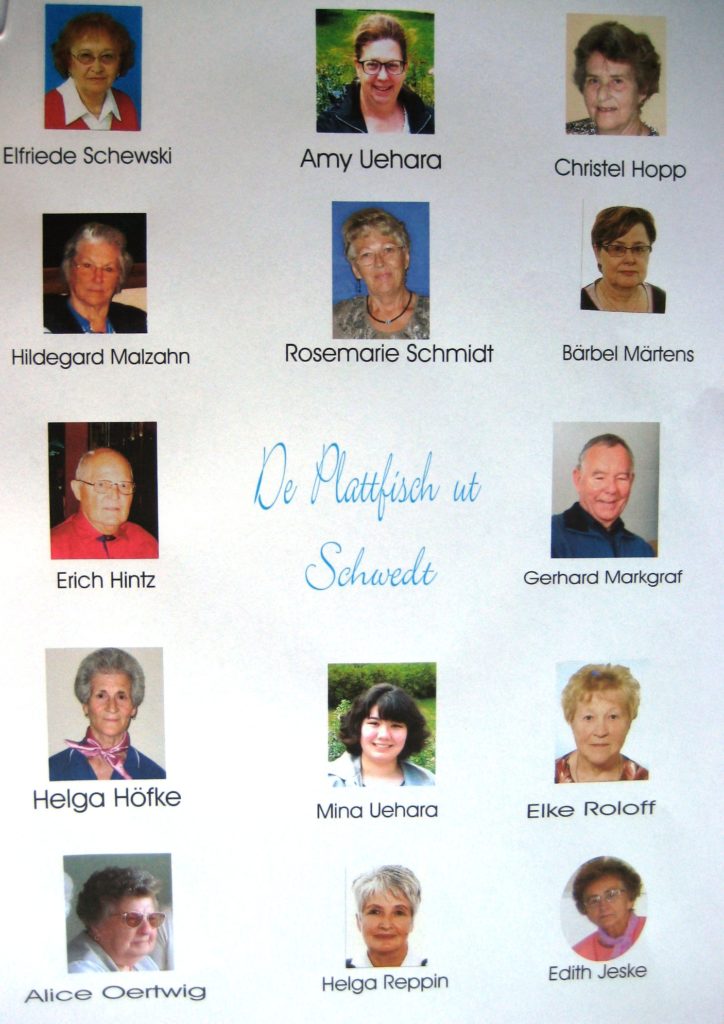
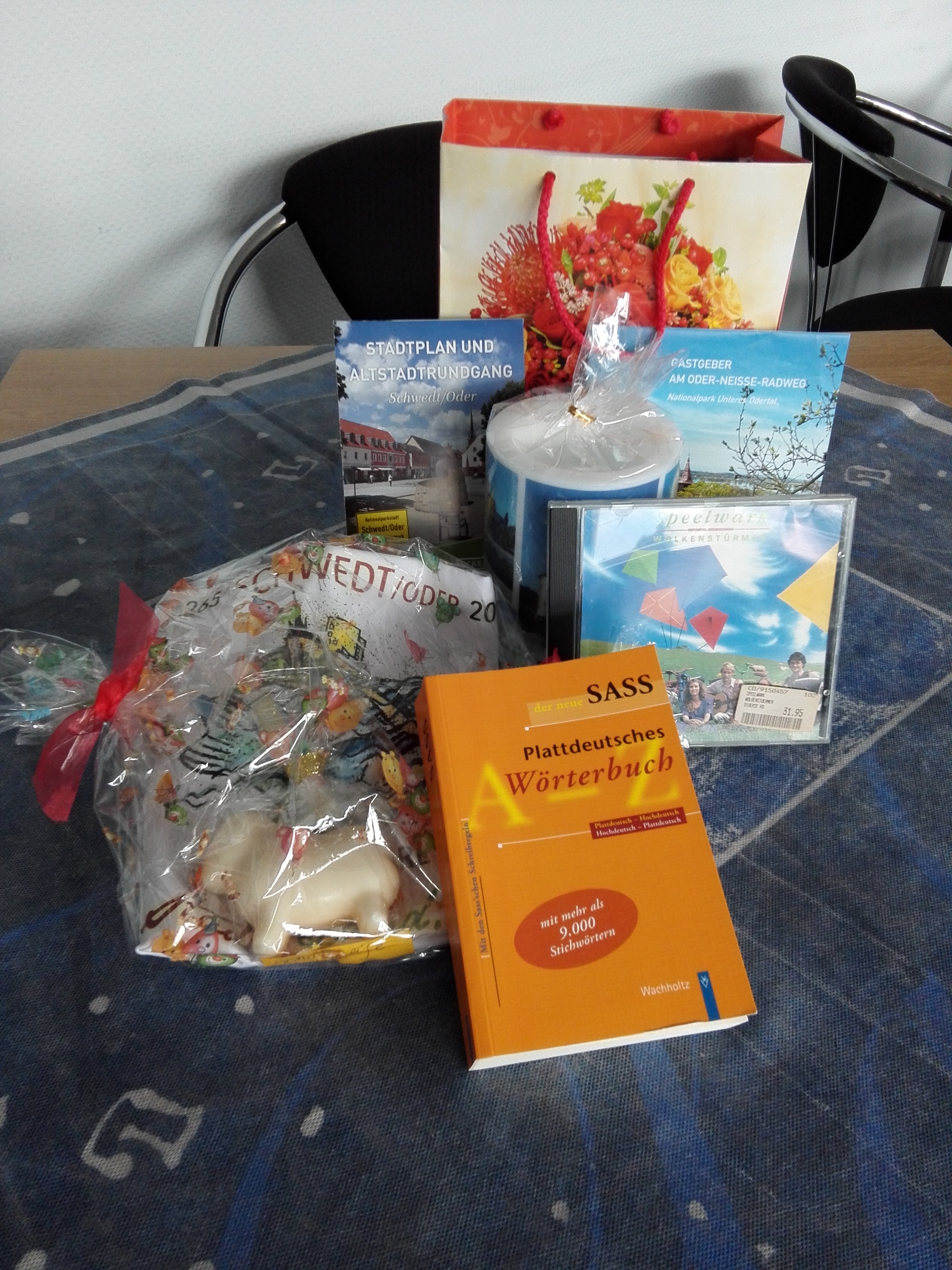
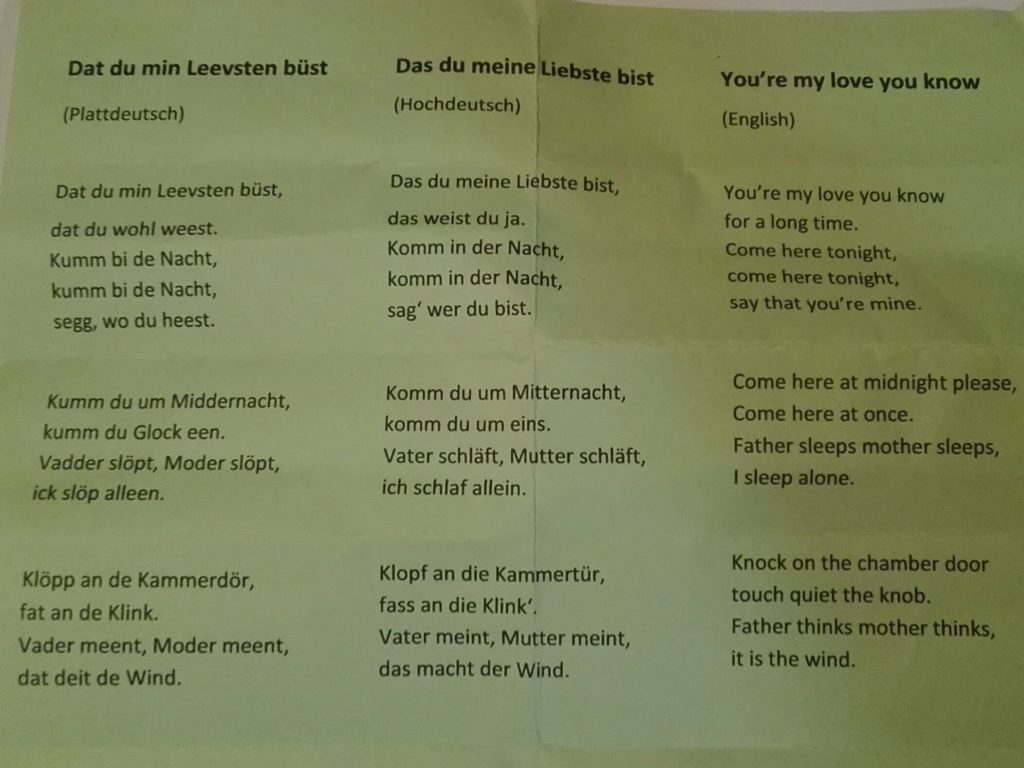
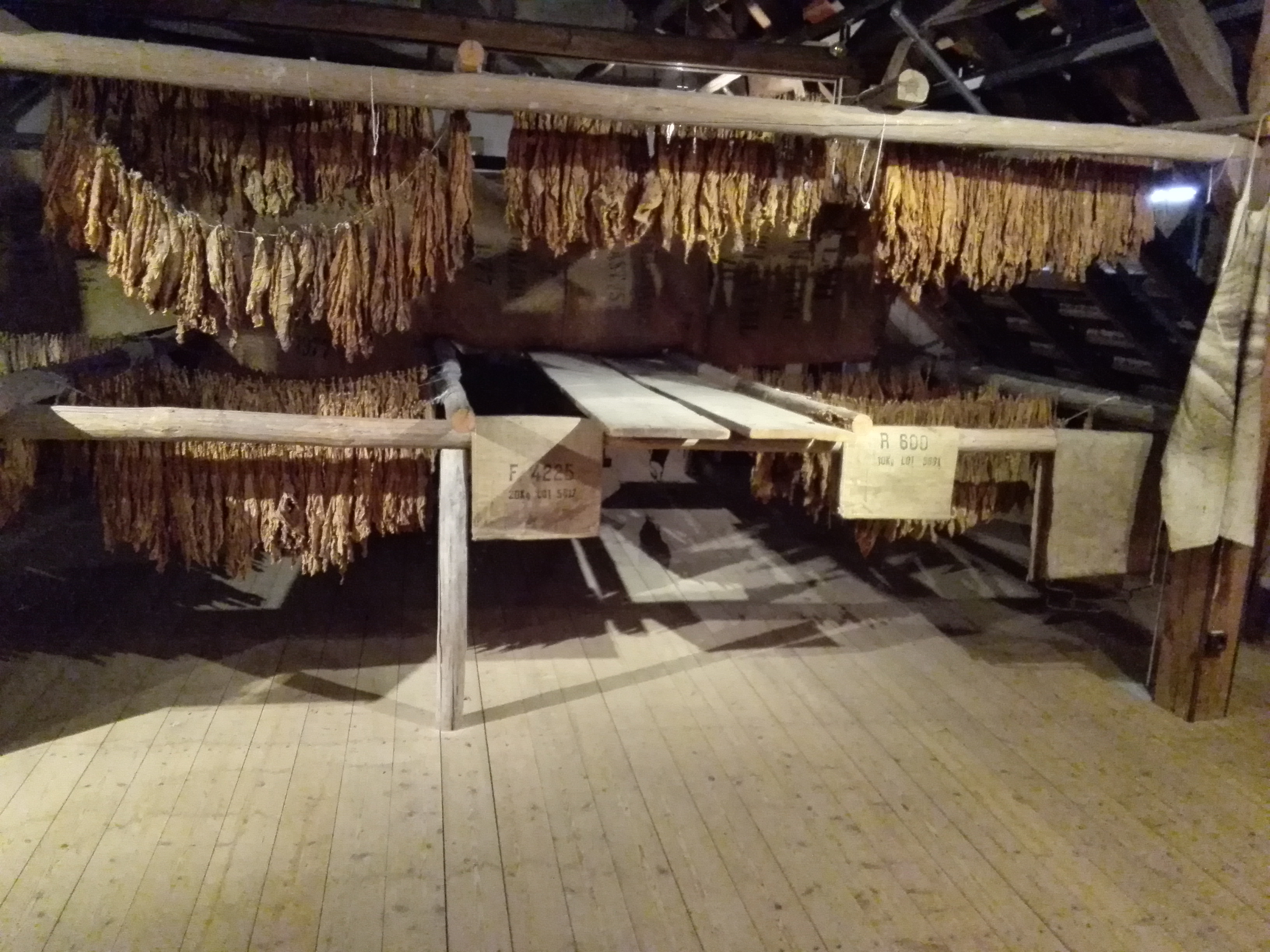
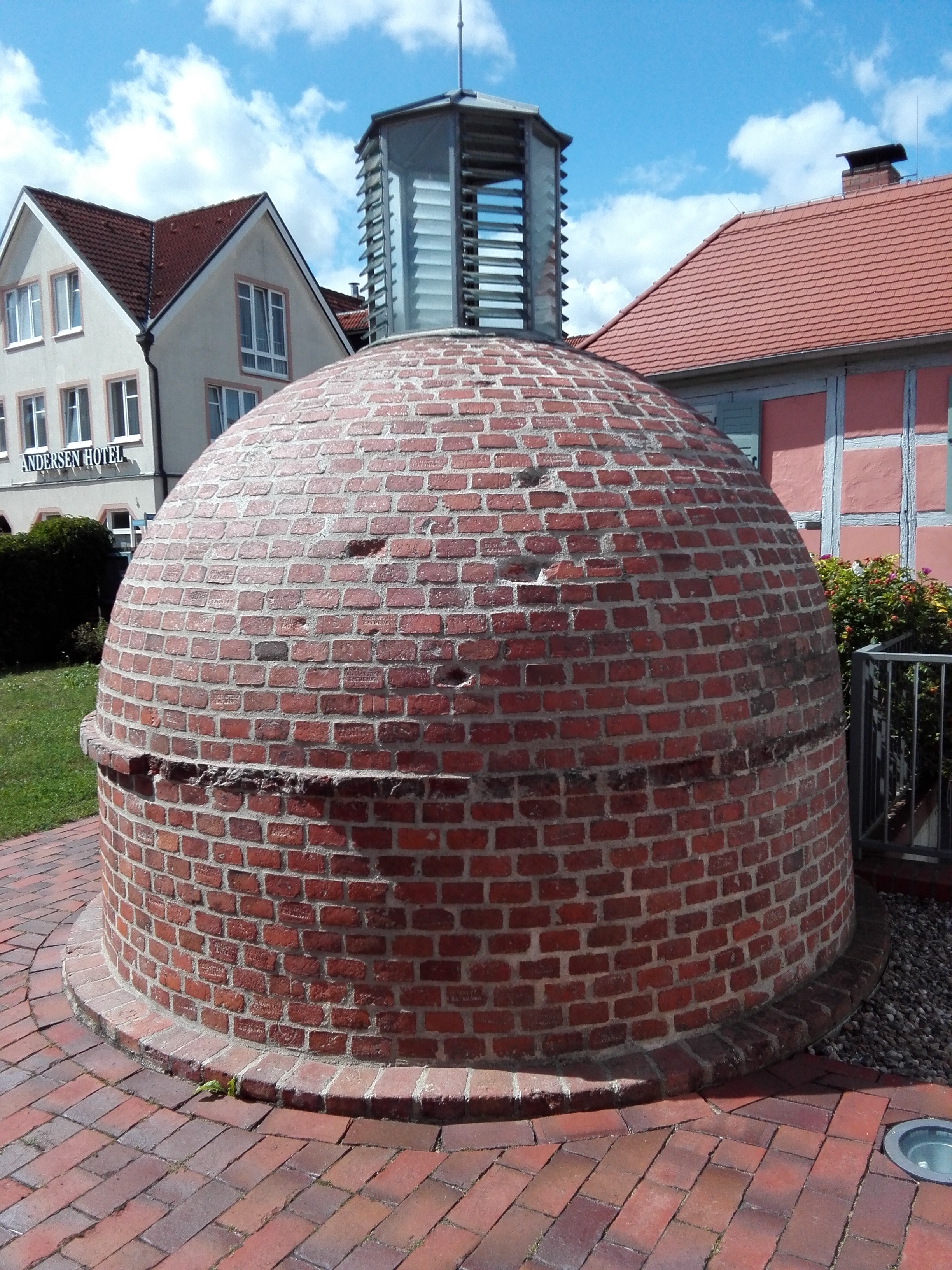
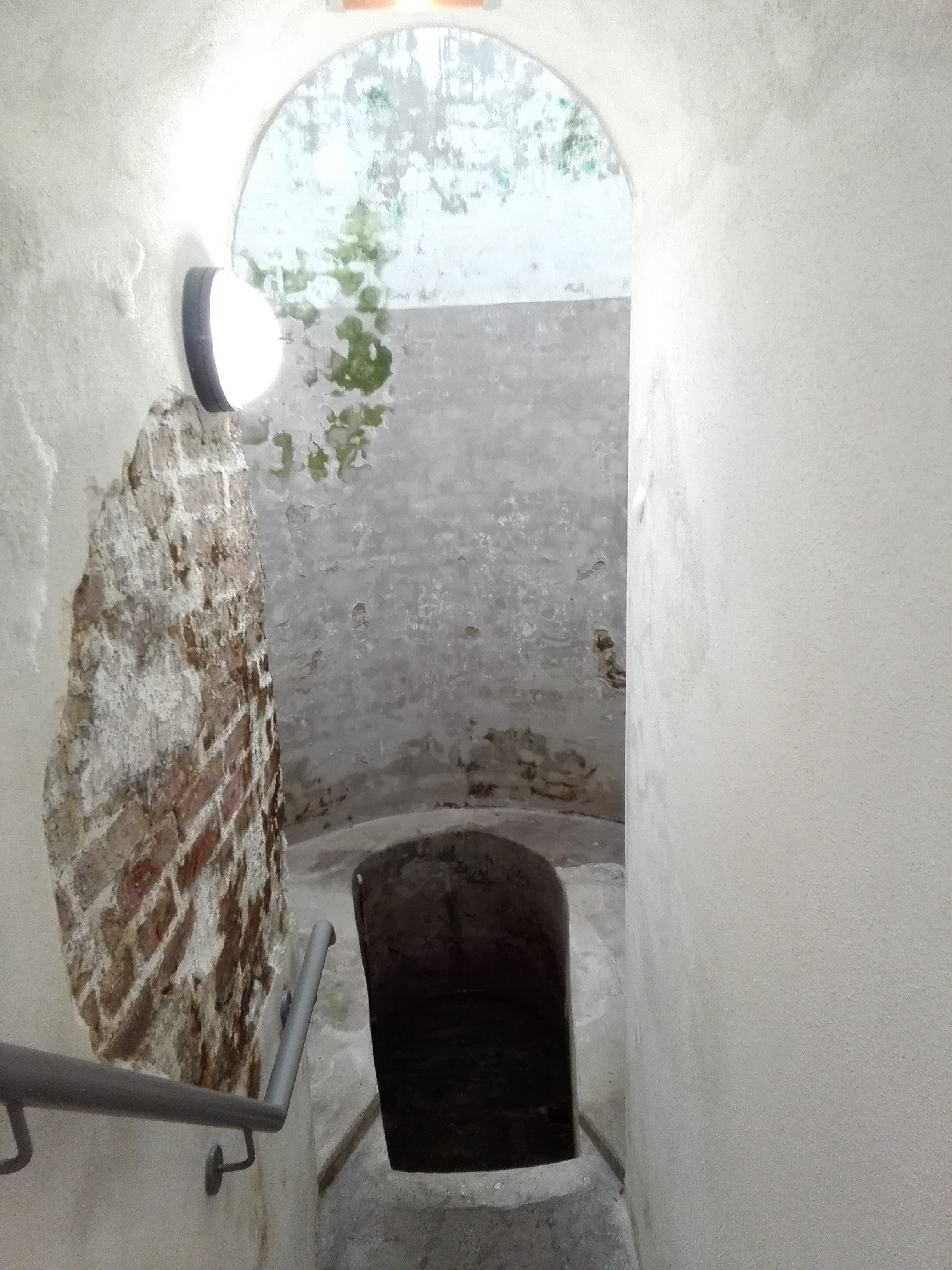
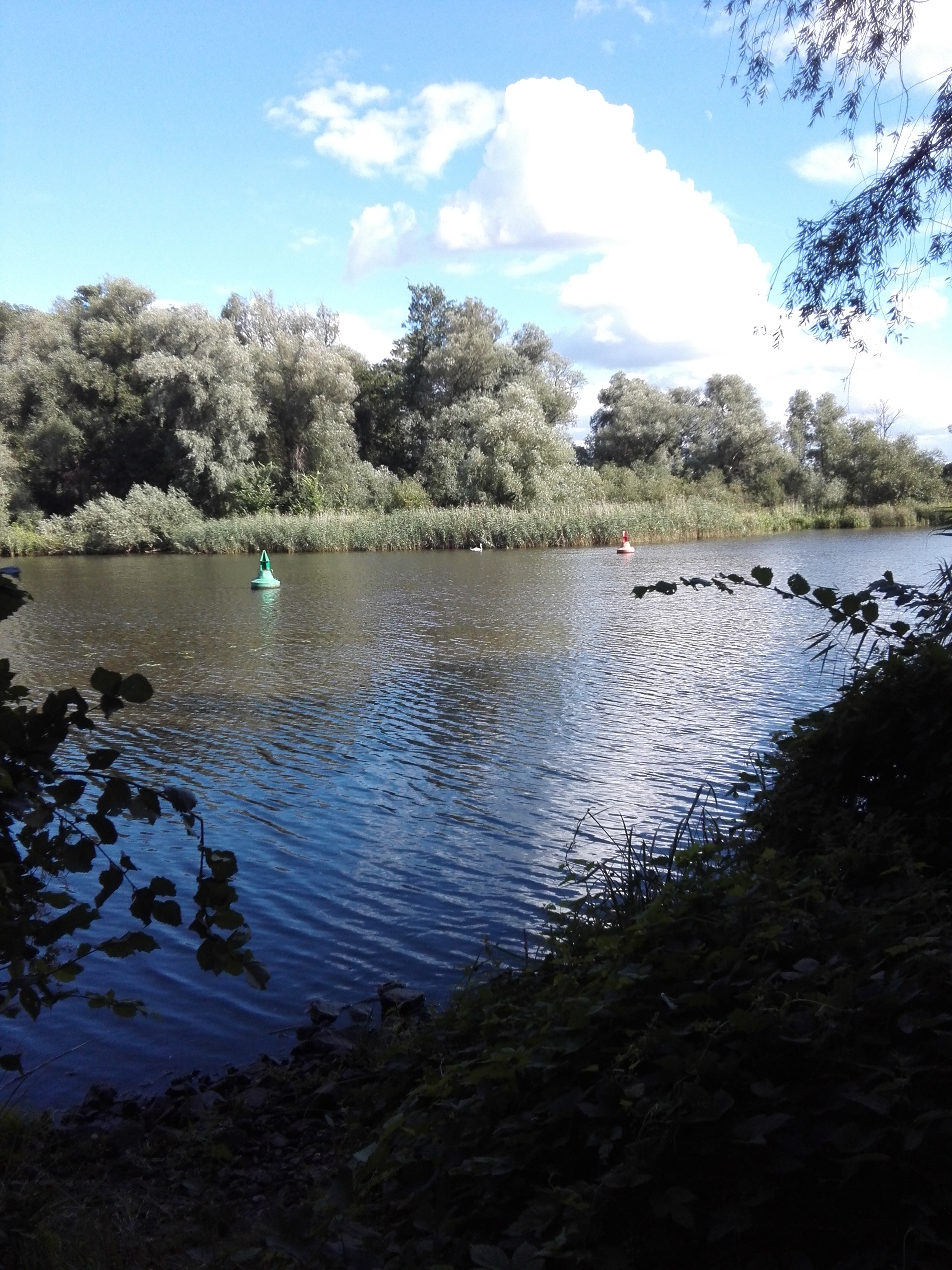
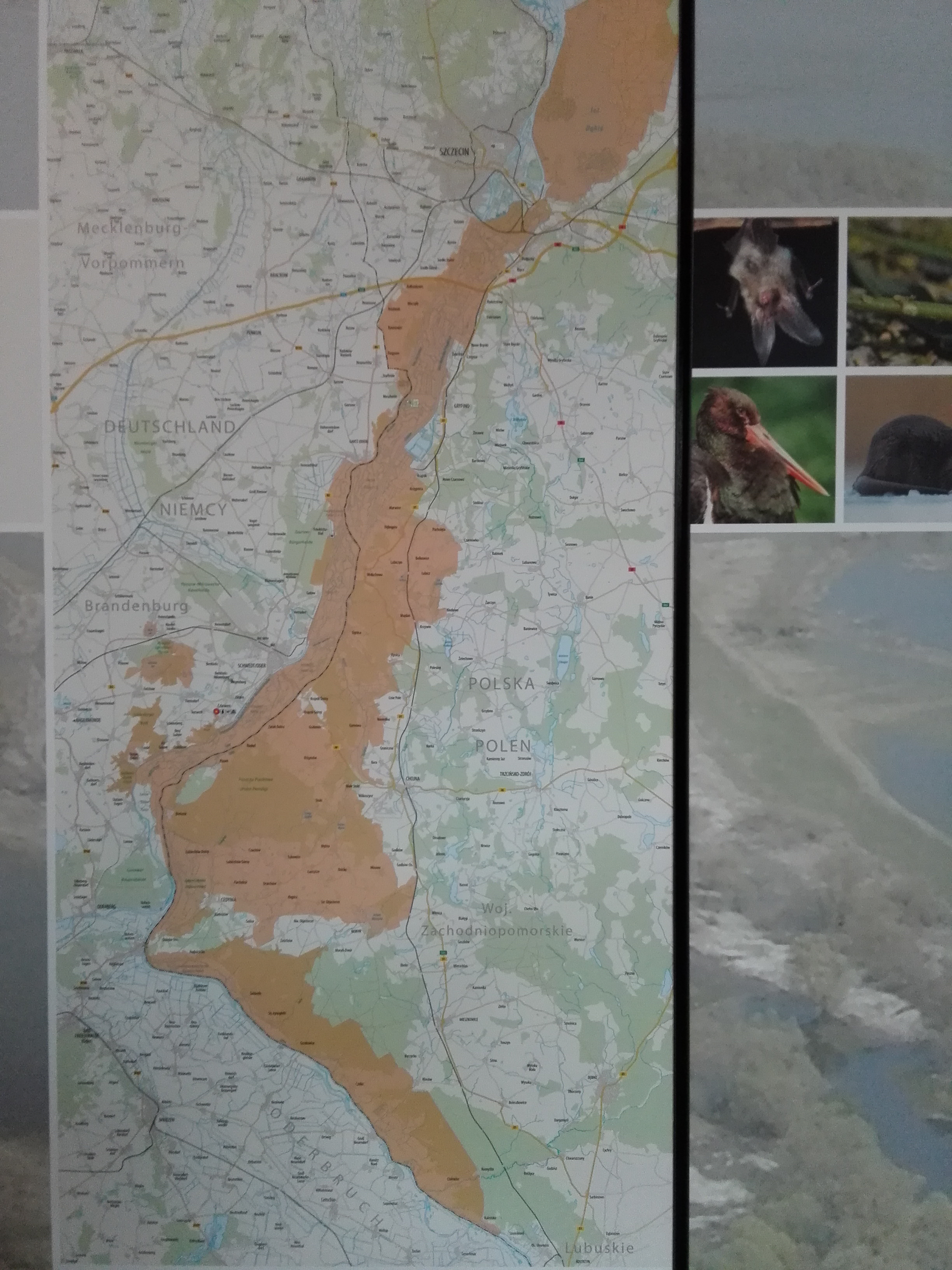
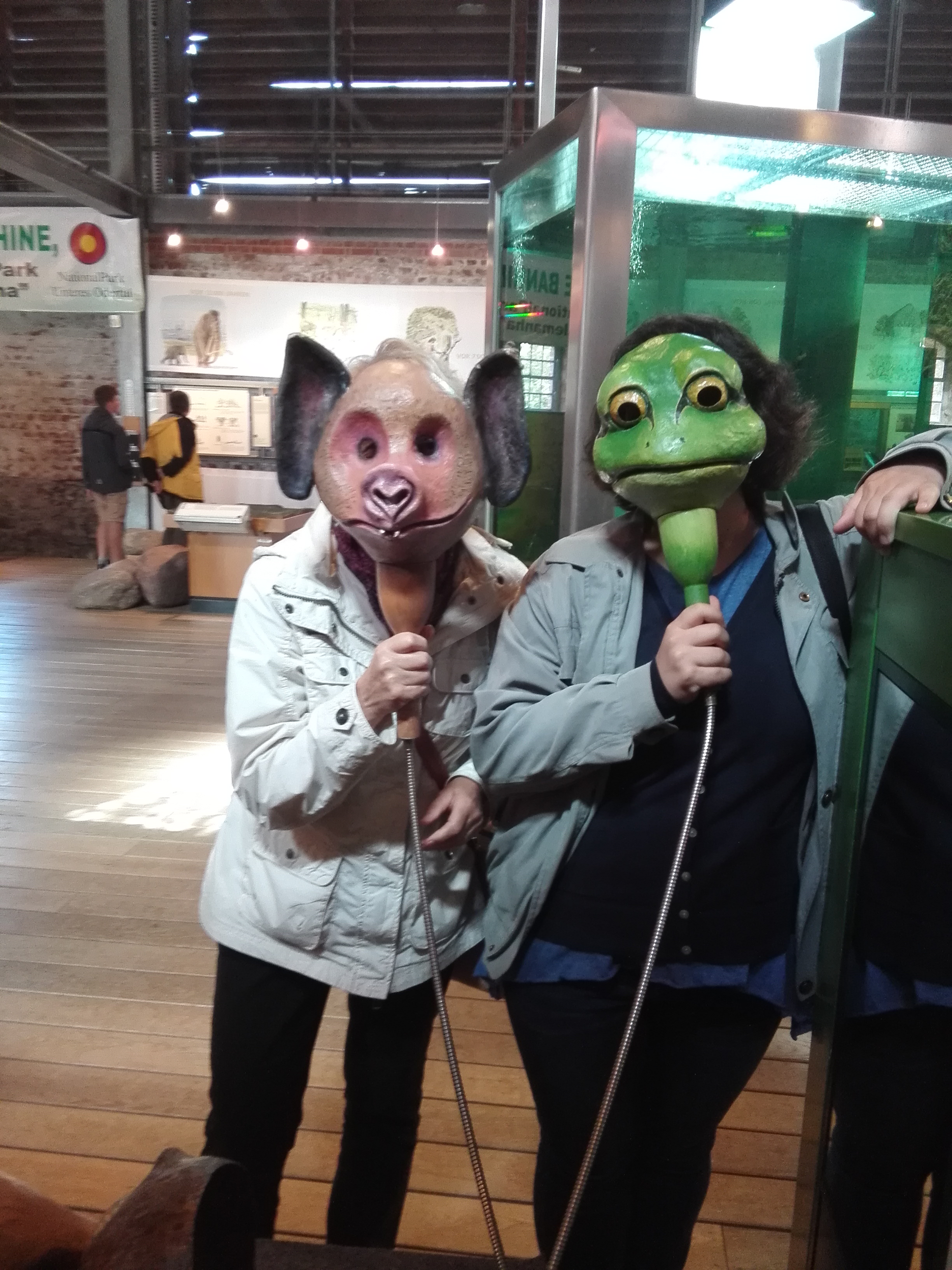
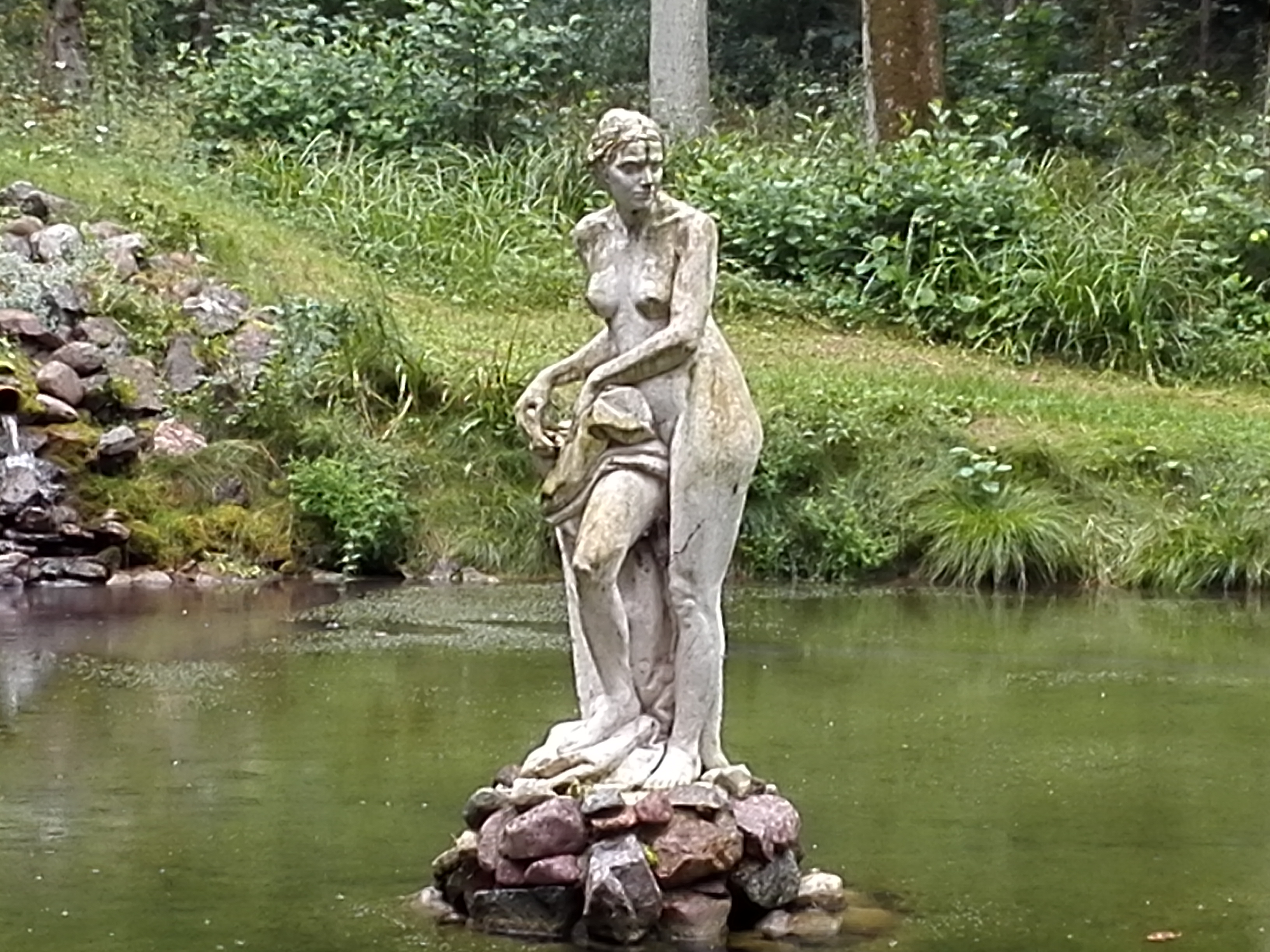
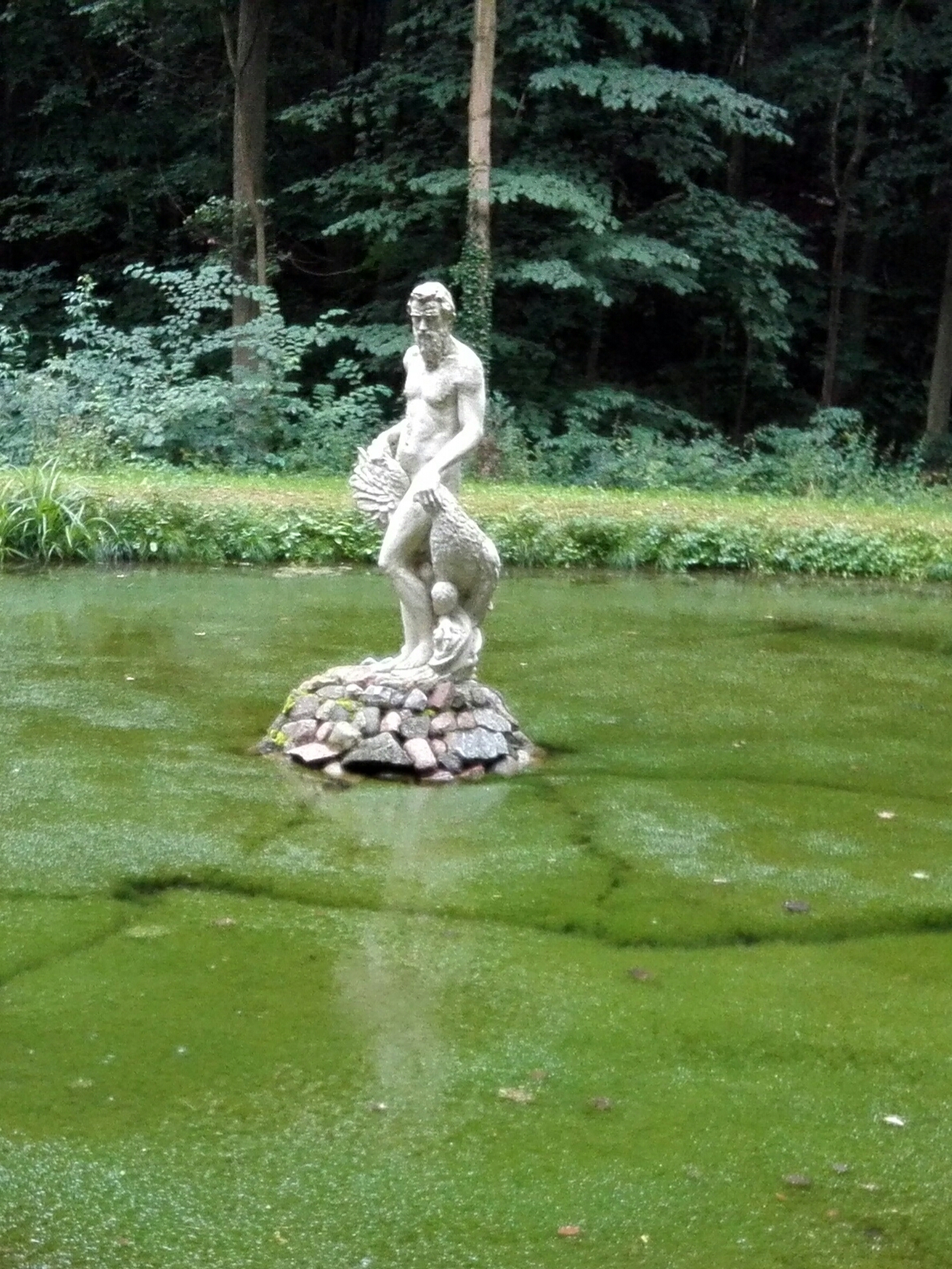
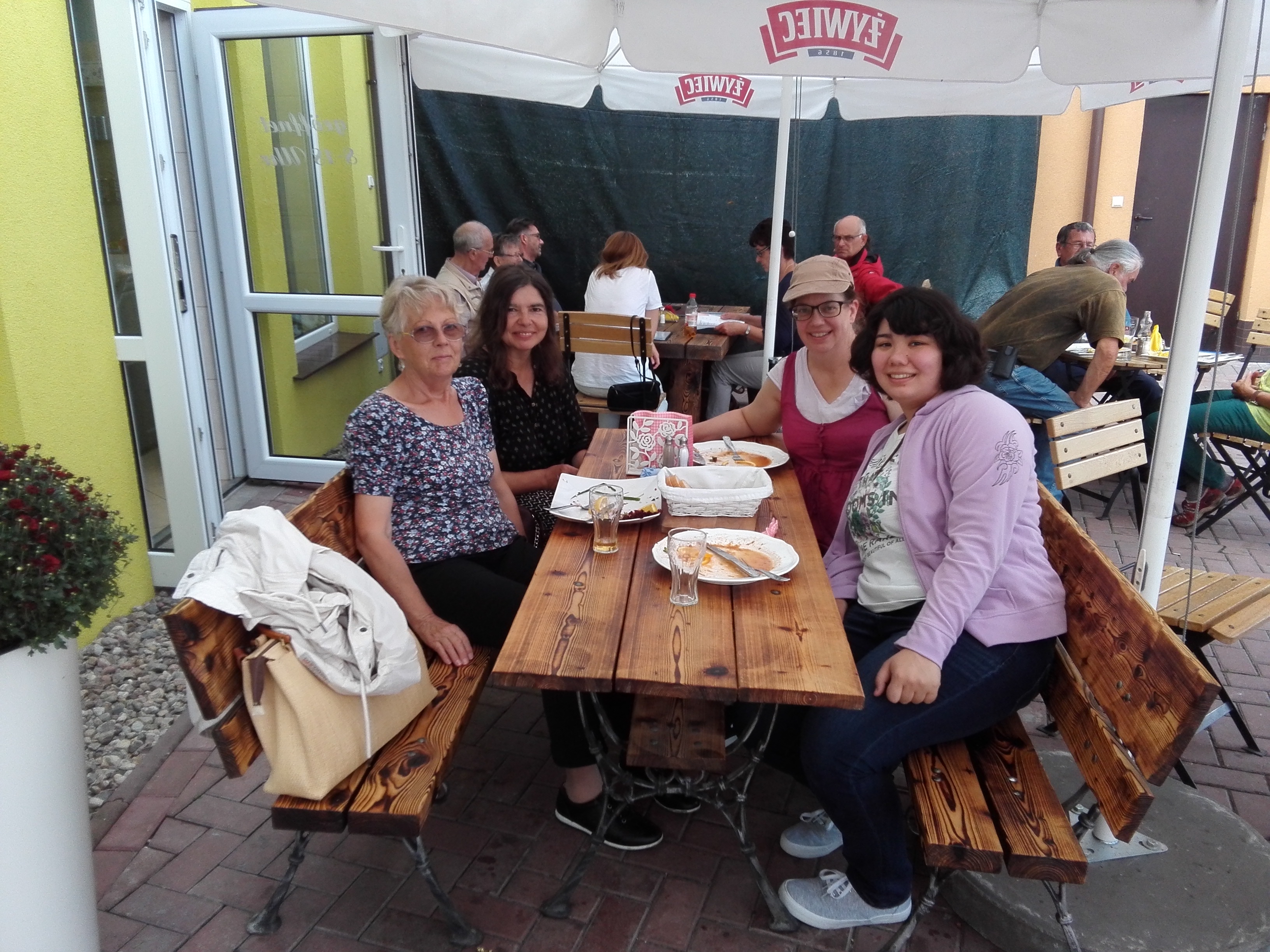
Finally got to watch this and it was a delight.
Thank you so much, Kay. It means so much that you enjoyed the website. Your devotion to the history of emigration from this area, especially to Australia, has been a source of inspiration over the years. For more on Kay’s research and books, visit her website at: http://www.twowiseowls.com.au/
– Mod Amy Uehara